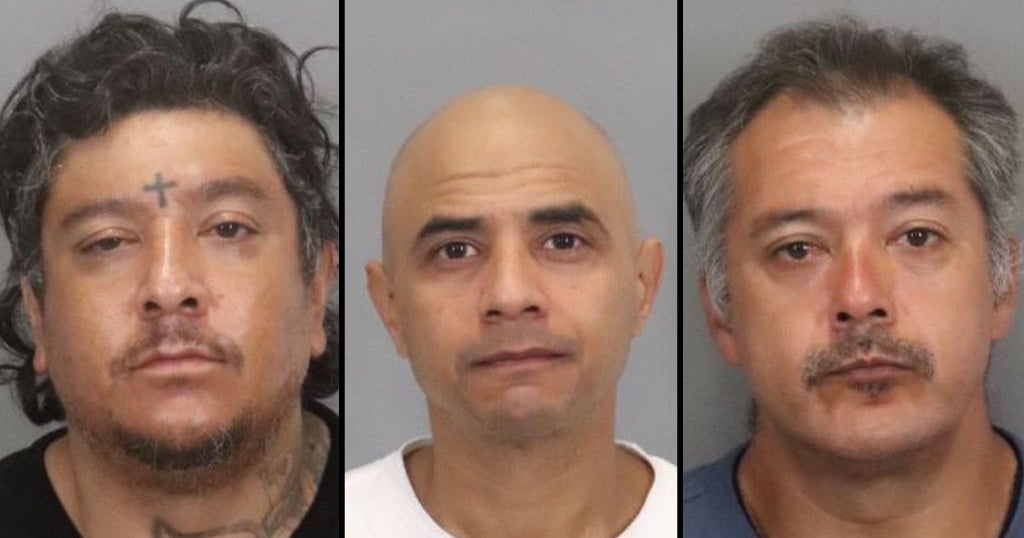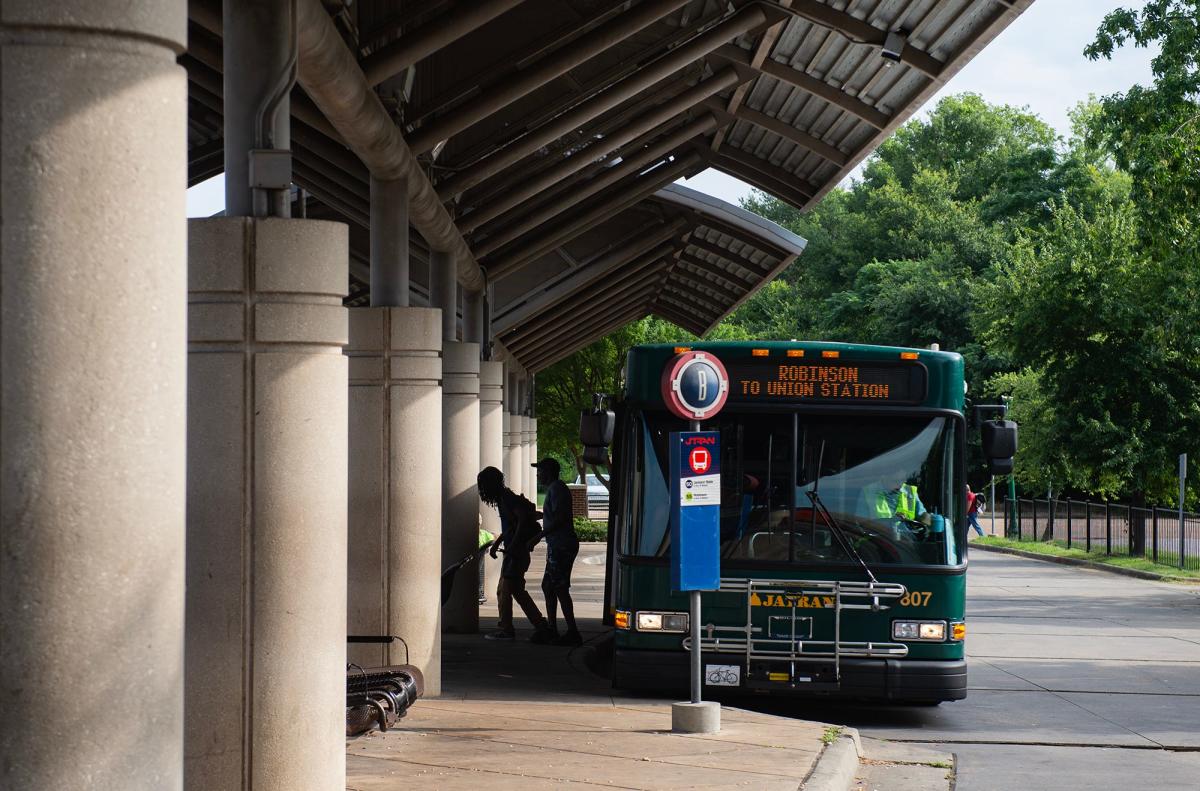September 2 – The two men were both held in York County Jail for more than a week after failing to post bail on domestic violence charges.
One was charged with domestic violence after he told his ex-wife, in front of police, that he was going to kill her. The other was charged with domestic violence after he pushed a woman to the ground and injured her after she told him to leave her home.
Both men argued in court on Wednesday that there was more to it. A public prosecutor pointed to the victims.
But without defense lawyers for either man, Chief Justice Richard Mulhern could at best consider adjusting bail.
Throughout Maine, hundreds of cases are being thrown out because the courts cannot find attorneys for the defendants who are constitutionally entitled to one.
In York County, one of the state’s busiest counties, about 62% of all unrepresented cases were related to domestic violence as of Wednesday.
“We don’t know exactly why this is happening, but it is concerning,” said Julia Davidson, director of advocacy at Caring Unlimited, an organization that supports victims of domestic violence in York County.
Davidson said victims have a hard time following what’s happening because of the lack of lawyers. They don’t know when hearings are, or if their alleged abusers have been released from prison.
The consequences for these defendants are also severe, said Aditi Goel of the Sixth Amendment Center, a watchdog group that monitors public defender systems across the country. Facing criminal charges can impact a person’s ability to work, find housing and be with family, especially if they’re in jail. About a quarter of the state’s unrepresented defendants were in custody as of Wednesday.
“The point is that at the outset of a case, it’s an investigation,” Goel said. “There’s no foregone conclusion that the defendant committed a crime, there’s only probable cause that the defendant committed a particular crime. And therefore, there’s a constitutional duty to investigate a case, and therefore, every defendant and every person has the right to have their case investigated.”
Meanwhile, some suspects have been waiting months for a lawyer while still in jail. About 36% of unrepresented suspects accused of domestic violence were in custody as of Wednesday.
Some have argued that they should be released as a remedy for violating their Sixth Amendment rights. But prosecutors have fiercely opposed this, particularly when a suspect has a history of violence or a history of violating court orders.
Some attorneys are even more concerned that there is no system in place to prioritize attorneys when assigning lawyers to cases in which defendants are accused of violence against a partner or family member.
“That is very concerning as we hear arguments across the state that the remedy for the violation of the Sixth Amendment should be released back into society,” said Andrea Mancuso, public policy director at the Maine Coalition to End Domestic Violence.
THE VICTIMS
Shira Burns, executive director of the Maine Prosecutors Association, said the crisis is demoralizing for victims who have no role in these criminal cases but are still suffering the consequences.
Burns served as a York County prosecutor for 10 years, where he primarily handled domestic violence cases.
The longer it takes for a domestic violence case to proceed, she said, the less likely a victim is to cooperate, whether through witness tampering or simply frustration with constant delays. Victims should be notified of every court date, Burns said, and it’s frustrating when those dates are rescheduled multiple times because a defendant still needs an attorney.
“Even though it’s the state versus the defendant, the choices and the decisions and the outcomes directly impact this victim’s life,” Burns said. “They have no control in the criminal justice system. Everything that happens is a decision that they don’t make, but it impacts their life.”
Mancuso said victims are also concerned after hearing some advocates for judges to dismiss some unrepresented criminal cases. It’s not common, but even at this speculative stage, victims are concerned that their abusers’ cases will be dismissed and all supervision requirements will be removed.
Mancuso said organizations like hers have difficult conversations with victims about seeking civil protection orders, which “puts them directly in a position of hostility toward a person who has harmed them.”
Davidson, York’s advocacy director, said victims are particularly stressed after a deadly fire and shooting this summer in Auburn, where a man facing serious domestic violence charges was released from jail on a reduced bail after waiting three weeks for a court-appointed lawyer. He then died in an officer-involved shootout after police say he went to his ex-girlfriend’s home, despite bail conditions that prohibited him from contacting her, and set it on fire, killing another man.
Androscoggin County has also been disproportionately hit by a shortage of attorneys to handle domestic violence cases. As of Wednesday, 40 percent of unrepresented defendants there were facing charges related to domestic violence or breached protective orders.
The Auburn case also put new pressure on judges and the Maine Commission on Public Defense Services, a quasi-state agency charged with recruiting and overseeing attorneys who represent indigent criminal defendants. While that includes public defenders, most cases are still handled by private attorneys who are reimbursed by the state for their work.
The commission has difficulty finding private lawyers for specialty cases, such as domestic violence.
WHAT IS BEING DONE?
The commission’s executive director, Jim Billings, declined to discuss the struggle to find attorneys for domestic violence cases, saying the commission will form a committee to study the issue and needs more data before he can talk about it.
During a public meeting focused on the commission’s upcoming budget request, Billings proposed giving attorneys additional money to handle cases that are harder to staff.
“I think it comes as no surprise to me that attorneys, while they are being paid the same hourly rate for a domestic violence case as they would for a property crime or a traffic violation case, are choosing to take on cases that are not domestic violence,” said Mancuso of the Maine Coalition to End Domestic Violence.
She and others have questioned what Maine’s courts are doing to address the problem. Billings stressed during a meeting with lawmakers on Aug. 21 that prosecutors and judges also have a role.
“It’s not just the problem of the indigent defense system to solve,” said Goel of the Sixth Amendment Center. “I just don’t see how this problem is going to be solved without a coordinated effort. And I’ve never seen a crisis solved by pointing fingers and blaming each other. You have to work together to solve this.”
Goel said this is a national problem. Many states, especially rural states, struggle to find enough lawyers for everyone who struggles with their criminal justice system.
She cited states where both short- and long-term timelines for litigation make a difference.
In Oregon, a district judge has temporarily ruled that defendants must be released within seven days of their arraignment if they still do not have a lawyer (though this does not apply to defendants who commit new alleged crimes while free).
In Massachusetts, courts have for nearly 20 years required that defendants who do not have an attorney be released from jail within seven days and their cases be dismissed within 45 days.
Burns of the Maine Prosecutors Association was concerned about suggestions to release suspects or dismiss cases where no attorneys have been appointed.
“The smartest way to solve the underlying problem is to have people who are a known risk to public safety hire an attorney,” Burns said. “We would really be jeopardizing public safety. What would that cost?”
But even seven-day and 45-day deadlines aren’t ideal, said Goel, who was formerly a public defender in Massachusetts. She said the sooner someone has an attorney, the better.
“Evidence just disappears,” Goel said. “Like most store or street cameras, they re-record within 24 hours. If you don’t get it, it’s just gone.”
And for suspects who are themselves victims of domestic violence, Goel said waiting too long to get a lawyer is even more damaging. She recalled taking photos of suspects’ injuries to show they were defending themselves against an intimate partner.
“No two cases are the same,” Goel said. “That’s the thing, no two cases of domestic violence are the same.”
Copy the story link



